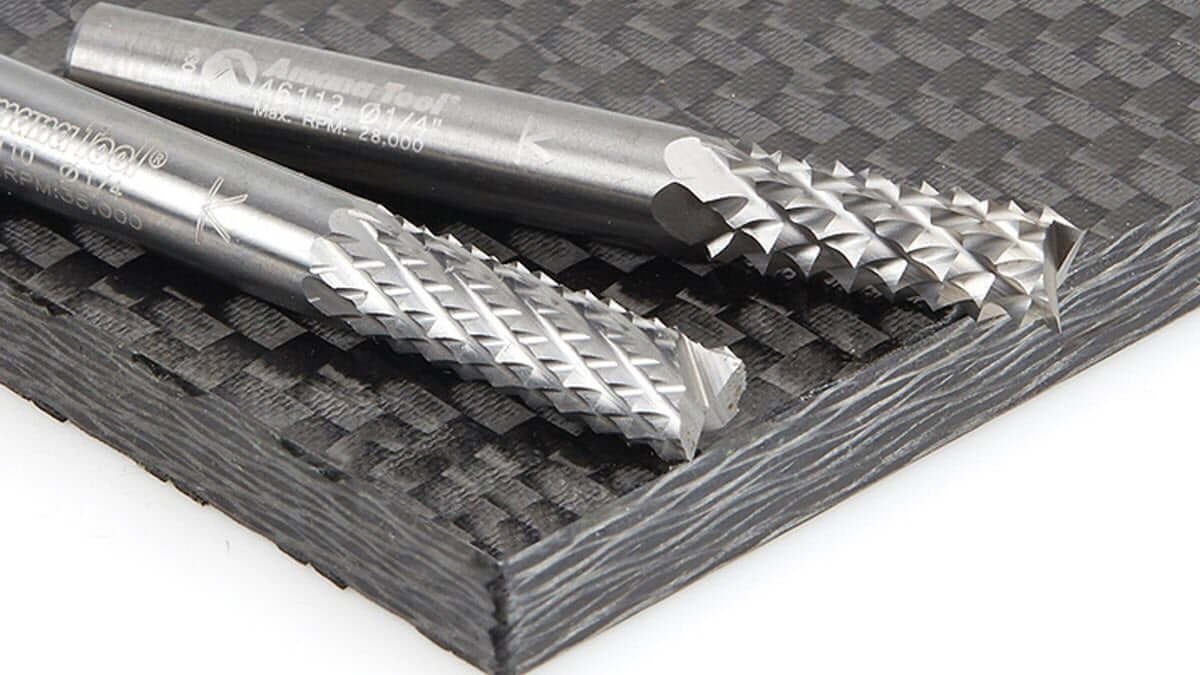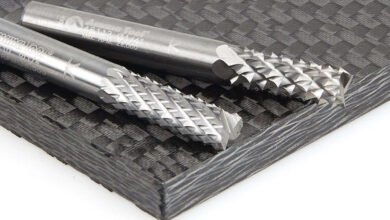Contractor Financing: How to Finance Your Business

Nearly two-thirds of small business owners use their own money to start their companies. If you count equipment, vehicles, software, licenses and insurance, these costs can be very high. This is especially true for contractors.
Startup and ongoing costs can make long-term success seem out of reach. However, contractor financing can provide the funds needed to build and expand a business.
From business credit cards to business loans for contractors, there are plenty of ways to get financing. By understanding these different options, you can find the right type of credit for your specific situation.
In this article, we’ll discuss why contractors need financing and look at all the small business financing options available. Next, you’ll learn how to choose the contractor financing options that best fit your needs. We’ll end with tips to help you get approved for your chosen type of loan or credit.
Related article — How to Ask for a Deposit Politely: A Contractor’s Deposit Guide
Why do contractors need financing?

Start-up costs, such as purchasing tools and equipment, are a major expense for contractors. However, the need for contractor financing goes far beyond these first purchases. Funding is often necessary to address specific challenges:
- Cash flow gaps: Contractors pay materials, permits, and subcontractor labor upfront. Customers often pay over time. This creates a cash flow gap that can make financing difficult.
- Price changes: Material prices can change. Some commodities, such as lumber and metals, can suddenly become more expensive. This can increase cash flow problems.
- Seasonal changes: For many contractors, work changes seasonally. For example, cash flow for roofers or landscapers can dry up in the winter.
- Error estimation: Contractors often work on tight margins. Miscalculating the labor or materials needed for a job could result in a financial loss. A few mistakes can severely hurt your cash flow.
- Expansion plans: It can be difficult to grow a business. Adding new services, crews, or equipment can strain a company’s existing finances.
Contractor financing can help solve all of these problems. It can serve as a bridge for cash flow gaps or rising material prices. Credit can pay bills during the off-season and cover errors or unexpected expenses.
Meanwhile, options like construction business loans can put expansion plans within reach of small contractors.
Each of these financial challenges is different from the other. Certain types of financing will work for contractors in some situations but not others.
Related article —the Business Benefits of Offering Homeowner Financing to Your Clients
Financing options available to contractors

Types of financing for contractors differ somewhat from types of consumer financing. It is important to understand these differences and learn how to do thisSmall business finance business. This will help you choose the right option for your needs and get the lowest interest rate possible.
These are the different contractor financing options:
Traditional bank loans
Regular bank loans are available to small businesses. It can be secured with property, equipment or business stock. These are term loans. You will make regular payments according to the loan agreement until the loan and interest are paid off.
Business loans from banks are very straightforward and easy to understand. If you need significant financing to start your business or purchase tools and equipment, this may be a good option.
However, the minimum lending may be more than you need, and lenders may have strict requirements for applicants. You may not be approved unless you already have an established business.
Business lines of credit
A business line of credit is a pre-approved amount of revolving credit. It’s like a credit card, but the interest rates are usually lower. You don’t have to withdraw all the credits at once. You can withdraw what you need and pay off the balance over time.
The obvious advantage of a line of credit is that you borrow only what you need. You can keep your debt as low as possible without having to deal with high credit card interest rates.
Unfortunately, it can be difficult to qualify for a business line of credit. You typically need established business credentials and financial records. Start-ups may not be able to qualify.
Equipment financing and leasing
Equipment financing for contractors includes loans to purchase equipment needed for the business. These loans are similar to car loans. You borrow money to get the equipment, but the lender has a lien on it until you repay the loan in full.
This is a great way to get equipment right away to start your business.
A relevant option is equipment rental. You will not get ownership at the end of the rental period. However, the cost of renting is lower than the cost of purchasing the equipment. It can provide you with a safety net in case the business doesn’t work out.
The downside of equipment financing for contractors is that payments continue monthly, even if work slows down. This may strain your budget.
Alternative financing
Not every contractor qualifies for a traditional loan or line of credit, especially when starting out or dealing with short-term projects. This is where alternative financing can help. These options are designed to provide faster, more flexible access to cash when you need it most.
One option is short-term working capital loans, which are intended to cover day-to-day expenses for a few weeks or months until you receive client payments. Another method is project-based financing, which helps cover initial costs such as materials and labor and is reimbursed once the job is completed.
A good example of this type of financing is Joist Lending. With Joist, contractors can apply for fast, straightforward financing right from within the Joist app. The funds can be used for materials, equipment, or salaries. Simple payment terms make it easy to keep your business moving forward without interruption.
While alternative loans sometimes come with higher interest rates than long-term bank loans, they can be a smart option when speed and flexibility are most important. For contractors, quick access to cash flow can make the difference between landing a major project and missing out.
Business credit cards
Business credit cards are similar to consumer credit cards. However, it is designed for business users. They are very useful for small purchases such as tools, materials, and fuel.
Some credit cards can offer rewards, such as cash back on business purchases. It’s usually easy to qualify for if you have a decent credit history.
However, interest rates are usually very high. If you don’t pay off the balance within a few months, interest charges can actually add up.
Invoice factoring
Bill factoring involves using unpaid invoices to secure a loan. The lender gives you the amount of money the customer owes. They handle the billing, and the customer pays them directly.
Invoice financing for contractors can be a way to access cash quickly. Lenders charge a fee, but you don’t have to go through a lengthy application process. Also, you don’t have to worry about accumulating interest charges.
However, fees can be high, and some customers may not like having a third party try to collect their payment.
SBA Loans
The Small Business Administration (SBA) offers two types of loans.
SBA 7(a) Loans are for capital to start and operate a business. The money can cover startup or operating costs until your business becomes profitable.
Sheba 504 Loans are loans secured for equipment, vehicles, or commercial real estate.
These are government-backed loans, so they have favorable terms. They have low interest rates and long repayment periods.
But SBA lending requirements can be very strict, and your credit history may play a role. The application process can also be very long. New contractors may not have the documentation or history to qualify for an SBA loan.
From one of our partners —What is invoice factoring?
How to choose the right financing option for your company

There are two factors to consider when choosing the right contractor financing option. The first is your financial need. The second is your chance of qualifying for the type of financing.
Here are some things to consider to help you decide which financing options are best for you:
- Workload and age: Smaller and newer businesses may have trouble applying for traditional business loans or lines of credit. They need to consider credit cards or working with lenders that specialize in small business loans or startup financing.
- Credit history: The credit score of a company or its owner can affect loan applications. This is especially true for SBA loans and lines of credit.
- timing: Do you need to access funds immediately, or can you wait until the application process goes through? In most cases, fast financing comes with higher interest rates or fees.
- Payment terms: You must realistically be able to repay the borrowed money. Consider your payment terms carefully and make sure you can pay on time.
For example, a driveway repair and replacement company may obtain an equipment loan for a new cement truck. They can get the truck right away and use the profits to make monthly payments. However, the company has to be careful to save profits to make payments during the low winter season when they do not have much work.
Or consider this case: A new contractor needs financing to start operations and cover costs in order to become profitable. The contractor was unable to obtain an SBA 7(a) loan. Instead they choose several business credit cards. They plan to use the proceeds from their first contracts to pay off the balance before interest charges start.
From one of our partners —9 ways to finance a business
4 tips to improve your chances of approval

Choosing the right financing for contractors requires careful planning. Qualifying for contractor business loans requires building a credit history and documenting the business’s finances.
However, there are steps you can take to increase your chances of getting approved for different types of small business financing:
- Consider guarantees whenever possible. Secured loans are easier to obtain and have lower interest rates. Consider using equipment, property, or stock to secure a small business loan.
- Keep detailed records. Lenders will want to see your financial records. Keep well-organized books showing income and expenses. Do this even if your revenue is modest.
- Work on your personal credit score. Many small business lenders will look at the owner’s credit score. Increasing your credit score can make it easier for your business to obtain loans.
- Build credit history.Even if you don’t need credit, consider getting a business credit card. Or use credit with material suppliers and pay them back quickly. This will build a positive business credit history, which will help you get approved for loans or lines of credit in the future.
Take the next step with Joist Lending
Finding the right financing option can be key to keeping your contracting business strong and growing. If you’re ready to explore flexible financing for contractors, check out Joist Lending.
You can apply for business loans directly in the Joist app. The process is simple, quick and designed with contractors in mind. So you can focus on running your business instead of worrying about paperwork.
(tags for translation) Finance














